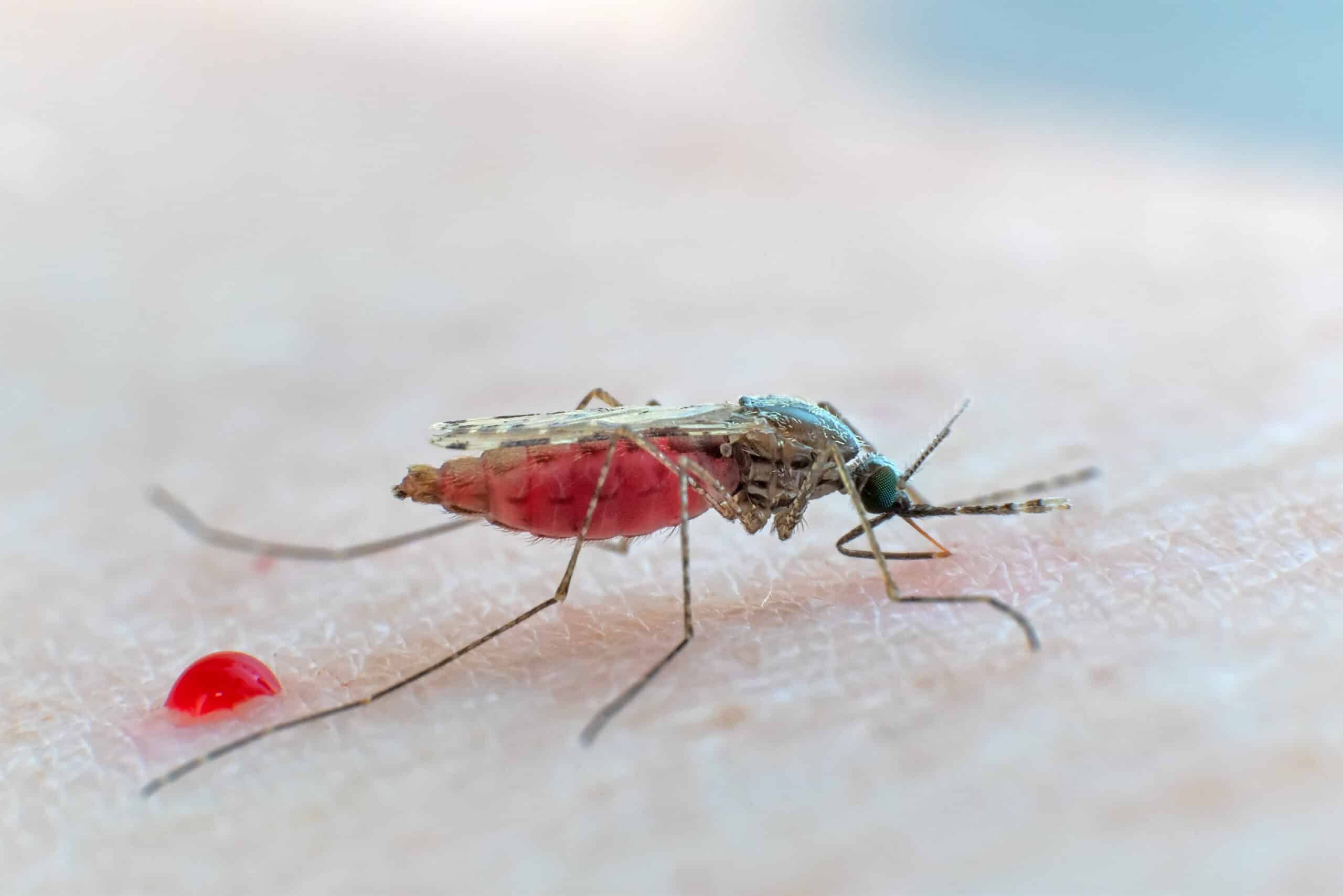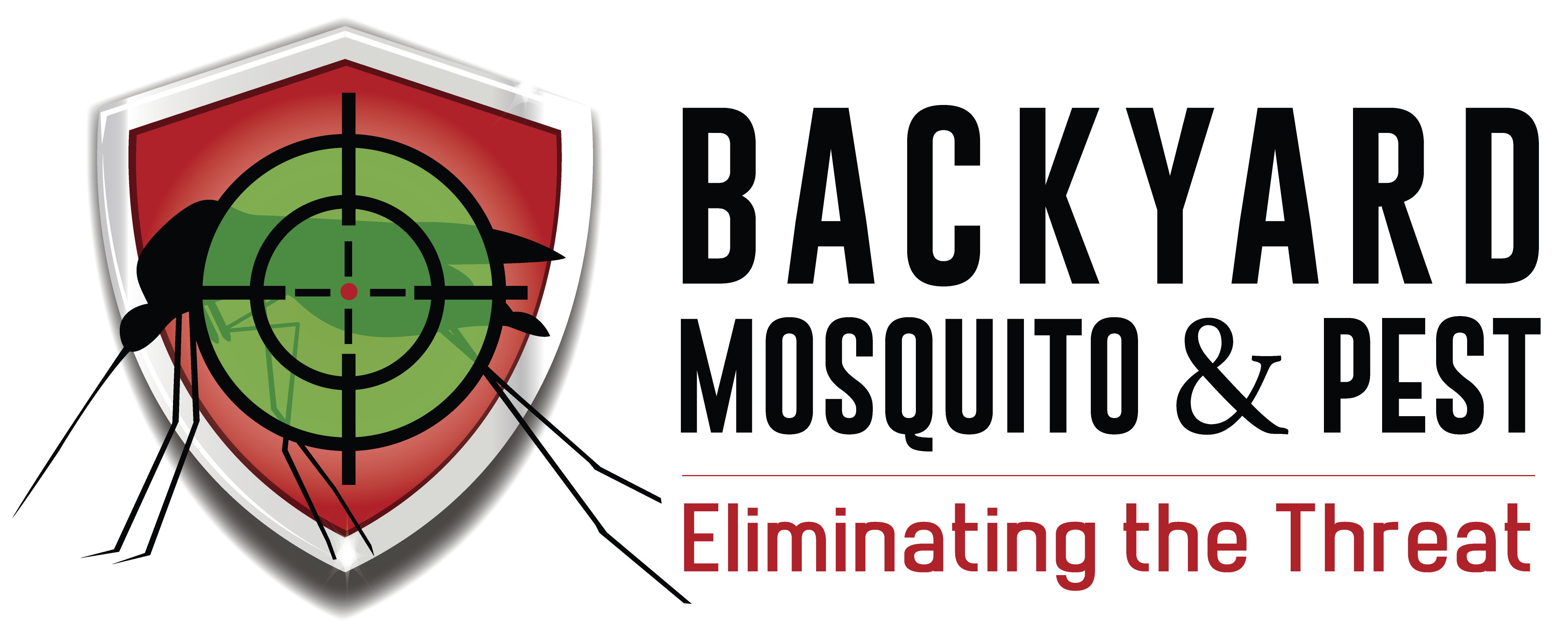Have you ever thought about eating insects? Yeah, I know—it sounds wild. But hold up, because mosquito burgers in Africa are not just a trend; they’re a game-changer in sustainable food solutions. Imagine tucking into a juicy patty made from mosquitoes, packed with protein and flavor. Sounds crazy, right? Well, this isn’t some sci-fi concept—it’s happening right now, and it’s revolutionizing the way we think about food.
Let me break it down for you. Mosquito burgers aren’t just about creating a buzz (pun intended). They’re about addressing real-world problems like food insecurity and environmental sustainability. With the global population on the rise, we need smarter ways to feed everyone without destroying the planet. Enter mosquito burgers—a solution that’s both innovative and eco-friendly.
Now, I’m not saying you should run to your nearest burger joint and order one tomorrow (though, who knows, maybe someday you will). But what I am saying is that mosquito burgers in Africa represent a shift in how we approach food. It’s not just about taste—it’s about survival, innovation, and rethinking our relationship with nature. So buckle up, because we’re diving deep into the world of mosquito burgers, and trust me, it’s going to be a wild ride.
- Celebrating Taes Birthday A Special Day To Remember
- How To Prepare Chamoy For Selling A Stepbystep Guide
What Exactly Are Mosquito Burgers?
Alright, let’s get into the nitty-gritty. Mosquito burgers are exactly what they sound like—burgers made from mosquitoes. But before you start imagining a pile of buzzing bugs on a bun, let me clarify: these burgers aren’t just random mosquitoes squished together. They’re carefully processed, ensuring they’re safe, nutritious, and, most importantly, delicious.
Mosquitoes, particularly the male ones, are rich in protein and essential nutrients. In Africa, where food resources can be scarce, turning to alternative protein sources like mosquitoes makes perfect sense. These little critters are not only abundant but also environmentally friendly to farm. Unlike cattle, which require vast amounts of land and water, mosquitoes can be cultivated with minimal resources.
Why Mosquitoes? Why Now?
You might be wondering why mosquitoes, of all things, are being turned into burgers. Well, here’s the deal: traditional livestock farming is taking a massive toll on our planet. Deforestation, greenhouse gas emissions, and water wastage are just a few of the issues linked to conventional farming practices. Enter mosquitoes—a sustainable alternative that ticks all the right boxes.
- When Was Death Invented 1989 A Deep Dive Into The Origins Of A Cult Classic
- What Is The Tiktok Radio Station Number Unlock The Secret Code
- Low environmental impact: Mosquito farming requires significantly less water and land compared to traditional livestock.
- High nutritional value: Mosquitoes are packed with protein, vitamins, and minerals, making them a superfood in their own right.
- Abundant resource: Mosquitoes are everywhere, and turning them into food helps control their population, which can reduce disease transmission.
The Science Behind Mosquito Burgers
Now, let’s dive into the science. How exactly do you turn mosquitoes into burgers? It’s not as simple as catching a few and slapping them on a bun. The process involves careful preparation, ensuring the final product is safe, nutritious, and appetizing.
How Are Mosquito Burgers Made?
Here’s a quick breakdown of the process:
- Cultivation: Mosquitoes are farmed in controlled environments, ensuring they’re free from diseases and contaminants.
- Harvesting: Once they reach the right size, the mosquitoes are harvested and processed.
- Processing: The mosquitoes are ground into a fine powder, which is then mixed with other ingredients to form the burger patty.
- Cooking: The patties are cooked to perfection, ensuring they’re safe to eat and bursting with flavor.
It’s a meticulous process, but the end result is a burger that’s not only good for you but also good for the planet.
Health Benefits of Mosquito Burgers
Let’s talk about the health side of things. Mosquito burgers aren’t just a novelty—they’re a nutritional powerhouse. Here’s why:
- Protein-packed: Mosquitoes are rich in protein, making them an excellent choice for anyone looking to boost their protein intake.
- Vitamin-rich: They’re also loaded with essential vitamins and minerals, including iron and zinc.
- Low in fat: Compared to traditional meat sources, mosquito burgers are lower in fat, making them a healthier option.
So, not only are you helping the planet by eating mosquito burgers, but you’re also doing your body a favor. It’s a win-win situation.
The Role of Mosquito Burgers in Africa
In Africa, where food insecurity is a pressing issue, mosquito burgers offer a beacon of hope. They provide a sustainable and affordable source of nutrition, helping to combat malnutrition in vulnerable communities. Plus, they promote biodiversity and reduce the reliance on imported food products.
Case Studies: Success Stories in Africa
Several African countries have already embraced mosquito burgers with open arms. For example, in Kenya, local entrepreneurs have started mosquito farms, creating jobs and providing a steady supply of nutritious food. In Ghana, mosquito burgers have become a popular menu item in urban areas, proving that they’re not just for rural communities but can appeal to a wider audience.
Environmental Impact of Mosquito Burgers
One of the biggest selling points of mosquito burgers is their minimal environmental footprint. Unlike traditional livestock, which contributes significantly to greenhouse gas emissions, mosquito farming is a green alternative. Here’s how:
- Reduced land use: Mosquito farms require far less land than cattle ranches.
- Water conservation: The water needed to farm mosquitoes is a fraction of what’s required for livestock.
- Lower emissions: Mosquito farming produces fewer greenhouse gases, helping to combat climate change.
By choosing mosquito burgers, you’re not just eating well—you’re eating responsibly.
Challenges and Criticisms
Of course, no innovation comes without its challenges. Some critics argue that mosquito burgers are a hard sell, especially in Western cultures where eating insects isn’t exactly mainstream. Others worry about the potential health risks, although rigorous testing has shown mosquito burgers to be perfectly safe.
Overcoming the Yuck Factor
One of the biggest hurdles is overcoming the “yuck factor.” Let’s face it—eating insects isn’t everyone’s cup of tea. But as more people become aware of the benefits, attitudes are slowly changing. Education and awareness campaigns are helping to break down barriers and encourage people to give mosquito burgers a try.
Future Prospects of Mosquito Burgers
The future looks bright for mosquito burgers. As the world becomes more conscious of the need for sustainable food solutions, the demand for alternative protein sources is set to grow. Innovations in farming techniques and processing methods are making mosquito burgers more accessible and appealing to a global audience.
Global Expansion
While mosquito burgers started in Africa, they’re gaining traction in other parts of the world. Countries like the Netherlands and Australia are experimenting with insect-based foods, paving the way for mosquito burgers to become a global phenomenon. With the right support and investment, mosquito burgers could soon be a staple in kitchens around the world.
Conclusion
So, there you have it—a deep dive into the world of mosquito burgers in Africa. From their nutritional benefits to their environmental impact, it’s clear that these little burgers pack a big punch. They’re not just a solution to food insecurity but also a step towards a more sustainable future.
Now, here’s where you come in. Are you ready to embrace the mosquito burger revolution? Whether you’re a foodie looking for the next big thing or someone who cares about the planet, mosquito burgers offer something for everyone. So, why not give them a try? And when you do, be sure to share your thoughts in the comments below. Who knows, you might just start a trend!
Table of Contents
- En Route Rings The Ultimate Guide To This Trendy Jewelry You Need In Your Life
- Kj Fighting For Brooklyn Video The Untold Story Behind The Viral Sensation


